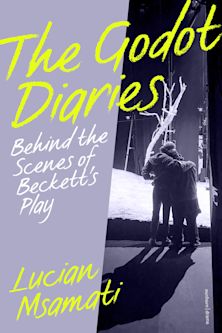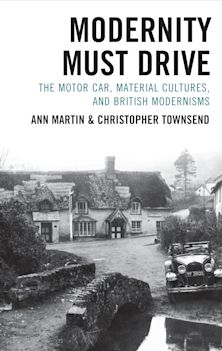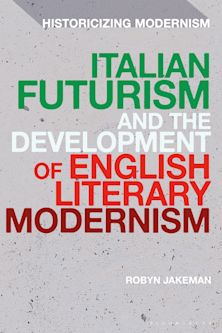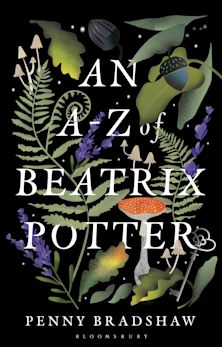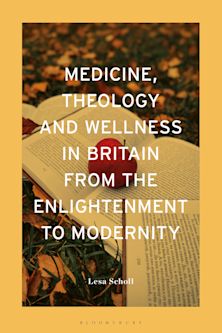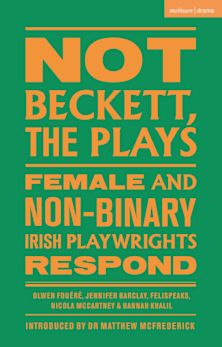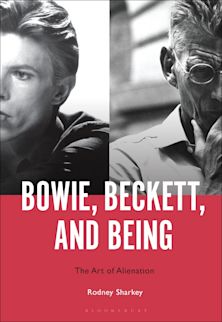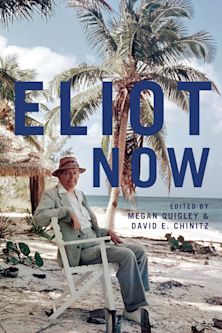Arthur Machen
Critical Essays
This product is usually dispatched within 2-4 weeks
- Delivery and returns info
-
Flat rate of $10.00 for shipping anywhere in Australia
Description
Arthur Machen: Critical Essays offers a study of the works by Arthur Machen (1863-1947), the Welsh writer who has attracted a cult following for decades, especially among fans and scholars of weird fiction and Gothic studies. These essays take readers into different areas and address several topics in Machen's literary production: the literary, the artistic, the scientific, the religious, the socio-cultural, and the personal. The twelve chapters constituting the volume examine the representation of human beings in the writer's works and their relationship with the surrounding environment, whether it is the omnipresent London or the mysterious, menacing nature. The contributors also interpret Machen's writings through a series of disciplines and academic theories that were contemporary to the writer (such as paleontology and medicine) and demonstrate how he was influenced by the scientific discourses of his time and reproduced them in his works. The last section of the volume considers Machen's interest in the occult and mysticism and the religious themes present in many of his works.
Table of Contents
Antonio Sanna
Part I: Human Beings and Their Environments
Chapter 1: 'A London cognita and a London incognita': Contesting London in Arthur Machen's The London Adventure, or the Art of Wandering
Amanda M. Caleb
Chapter 2: The Problem of Agency in Arthur Machen's The Terror
Francesco Corigliano
Chapter 3: Heterotopic Spaces in Machen's Fiction
Antonio Sanna
Chapter 4: Dead Matter: Posthumanism and Stones
Fernando Gabriel Pagnoni Berns and Emiliano Aguilar
Part II: Darwinism and Degeneration
Chapter 5: Fear and Fossils: The Legacy of Arthur Machen's 'Little People' Stories
Justin Phillip Mullis
Chapter 6: 'Dissolution and Change': Reading The Great God Pan as Monstrous Adaptation
Jessica George
Chapter 7: Lucian's Ornaments in Jade: Symbolist Decadence in Arthur Machen's Prose Poetry
Kostas Boyiopoulos
Chapter 8: 'A Substance as Jelly': Helen Vaughan as Infectious Pathogen in The Great God Pan
Loredana Salis and Laura Mauro
Product details
| Published | 21 Apr 2021 |
|---|---|
| Format | Hardback |
| Edition | 1st |
| Extent | 276 |
| ISBN | 9781793635464 |
| Imprint | Lexington Books |
| Dimensions | 228 x 164 mm |
| Publisher | Bloomsbury Publishing |
Reviews

ONLINE RESOURCES
Bloomsbury Collections
This book is available on Bloomsbury Collections where your library has access.














